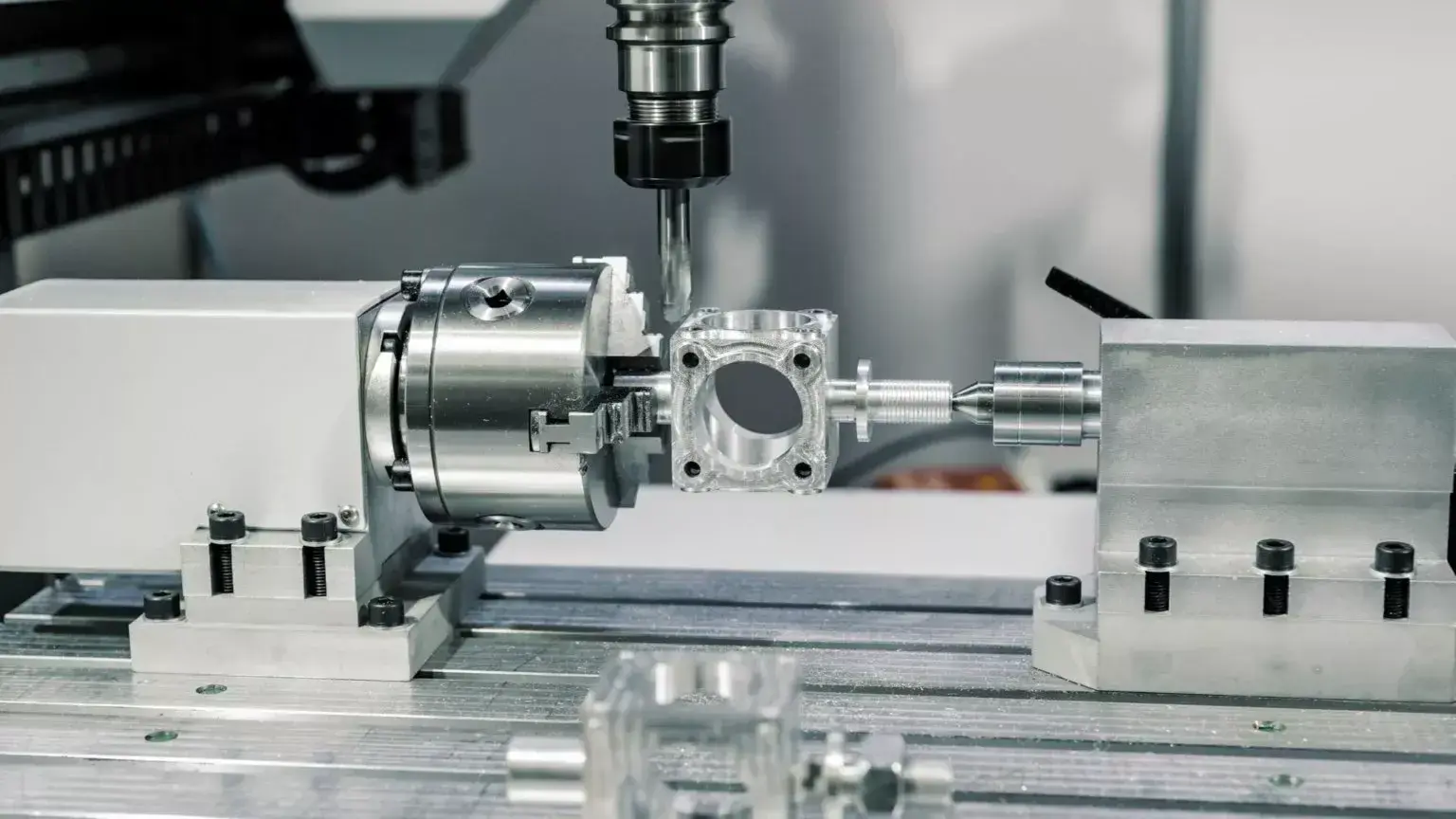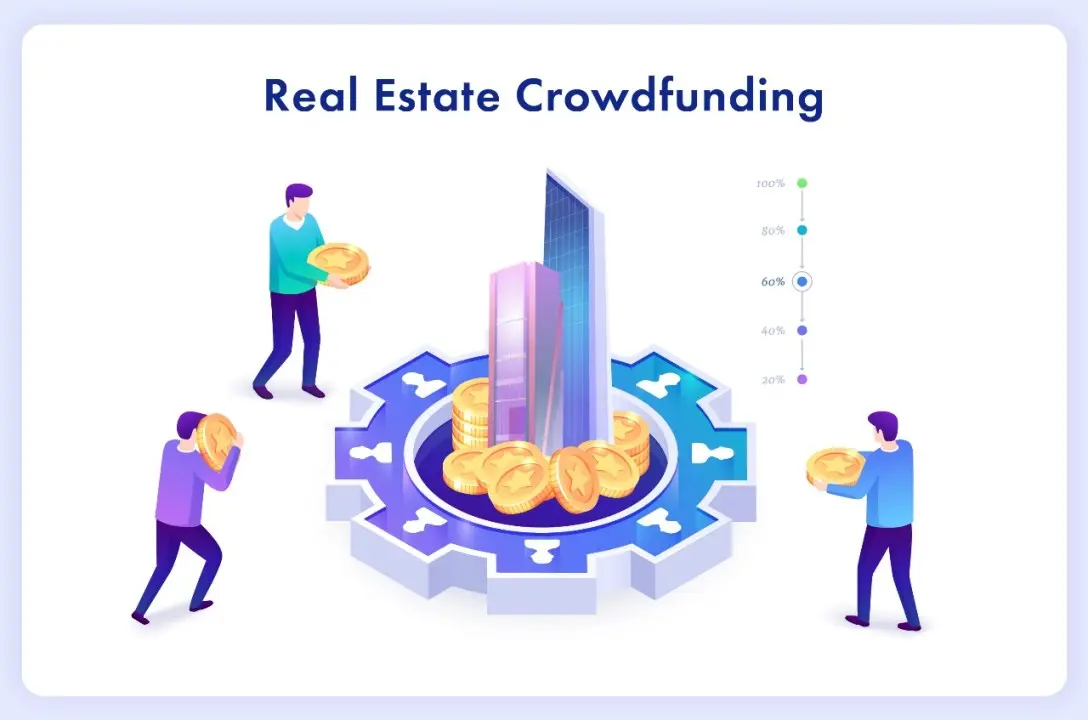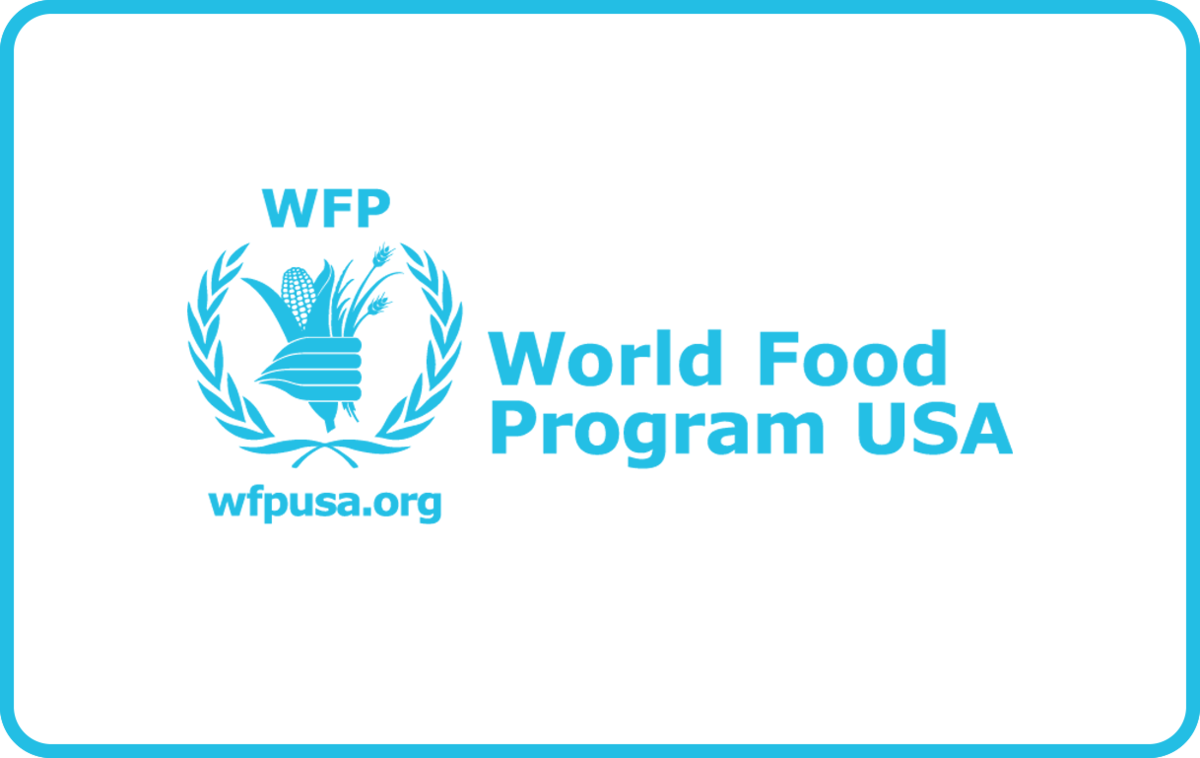Top 10 Real-World Blockchain Applications in 2025
As we move further into 2025, blockchain technology continues to revolutionize various industries by providing secure, transparent, and decentralized solutions. Blockchain is no longer just a buzzword — it's being implemented in real-world applications that are transforming sectors like finance, healthcare, logistics, and more. Whether you're an investor, entrepreneur, or simply curious about the future of technology, understanding real-world blockchain applications is essential. In this article, we'll explore the top blockchain applications that are making a significant impact in 2025. 🚀
1. Cryptocurrency and Digital Payments 💸
Cryptocurrency remains one of the most well-known and widely used blockchain applications. In 2025, the use of digital currencies like Bitcoin and Ethereum continues to grow, with blockchain technology enabling fast, secure, and low-cost cross-border payments. Major companies are increasingly accepting cryptocurrency as a form of payment, further pushing the adoption of blockchain in financial transactions.
2. Supply Chain Management 🔗
Blockchain has transformed the way businesses manage their supply chains. By utilizing distributed ledger technology, companies can ensure greater transparency, traceability, and security in the movement of goods from manufacturers to consumers. Blockchain enables real-time tracking of products, reducing fraud, counterfeiting, and improving overall efficiency.
3. Healthcare and Medical Records 🏥
Blockchain applications in healthcare are making waves, especially in the management of medical records. Blockchain allows for the secure and immutable storage of patient data, ensuring that health records are easily accessible to authorized medical professionals. It also enhances privacy and prevents data breaches, a major concern in the healthcare industry.
4. Decentralized Finance (DeFi) 🔒
Decentralized Finance, or DeFi, is revolutionizing traditional financial systems by utilizing blockchain to offer services like lending, borrowing, and trading without relying on banks. In 2025, DeFi platforms have become mainstream, offering users greater control over their financial assets and enabling peer-to-peer transactions with minimal fees.
5. Identity Verification and Authentication 🔐
Blockchain is playing a crucial role in identity verification, offering secure, tamper-proof solutions for individuals and organizations. Blockchain-based digital IDs help prevent identity theft and fraud while providing seamless access to various online services. In 2025, more companies and governments are adopting blockchain for secure authentication systems.
6. Voting Systems 🗳️
Blockchain is poised to enhance the integrity and security of voting systems. By creating a transparent and immutable record of votes, blockchain ensures that election results are tamper-proof and auditable. In 2025, blockchain-based voting systems are being explored in several regions for local and national elections to increase voter confidence and reduce fraud.
7. Intellectual Property Protection 💡
Blockchain provides a decentralized, transparent platform to protect intellectual property (IP). With blockchain, artists, creators, and innovators can track the ownership of their work, ensuring that their intellectual property is not stolen or used without permission. In 2025, blockchain is increasingly used to secure patents, copyrights, and trademarks.
8. NFTs and Digital Art 🎨
Non-Fungible Tokens (NFTs) have taken the art world by storm, with blockchain enabling the creation, buying, and selling of digital art. NFTs allow artists to authenticate and monetize their digital works through blockchain technology, ensuring scarcity and ownership. In 2025, the NFT market continues to thrive, with new applications in gaming, virtual worlds, and entertainment.
9. Real Estate and Property Transactions 🏡
Blockchain is transforming the real estate industry by making property transactions faster, more secure, and transparent. By using blockchain to store ownership records and contracts, real estate deals can be completed with fewer intermediaries and reduced risk of fraud. In 2025, blockchain is streamlining the buying and selling of homes and commercial properties.
10. Environmental Sustainability 🌍
Blockchain is also being used to promote environmental sustainability by creating transparent, traceable systems for carbon credits, renewable energy certificates, and more. Companies are increasingly using blockchain to track their carbon footprints and ensure that their sustainability efforts are verifiable and impactful. In 2025, blockchain is helping businesses meet their environmental goals while contributing to a greener future.
| Rank | Blockchain Application | Industry/Use Case | Key Benefits |
|---|---|---|---|
| 1 | Cryptocurrency & Digital Payments | Finance | Fast, secure, low-cost cross-border payments |
| 2 | Supply Chain Management | Logistics & Manufacturing | Transparency, traceability, fraud reduction |
| 3 | Healthcare & Medical Records | Healthcare | Secure, immutable data storage, privacy |
| 4 | Decentralized Finance (DeFi) | Finance | Peer-to-peer transactions, financial autonomy |
| 5 | Identity Verification | Security & Online Services | Tamper-proof, seamless access |
| 6 | Voting Systems | Government | Tamper-proof elections, increased security |
| 7 | Intellectual Property | Entertainment, Innovation | IP protection, ownership tracking |
| 8 | NFTs & Digital Art | Art & Entertainment | Authentication, monetization of digital works |
| 9 | Real Estate Transactions | Real Estate | Faster, secure property deals |
| 10 | Environmental Sustainability | Environment, Corporate Social Responsibility | Carbon footprint tracking, sustainability |
Blockchain technology is not just a trend — it's becoming a core element of many industries. As we look to 2025 and beyond, the adoption of real-world blockchain applications will continue to expand, transforming how we interact with data, conduct transactions, and solve complex challenges. 🌍




